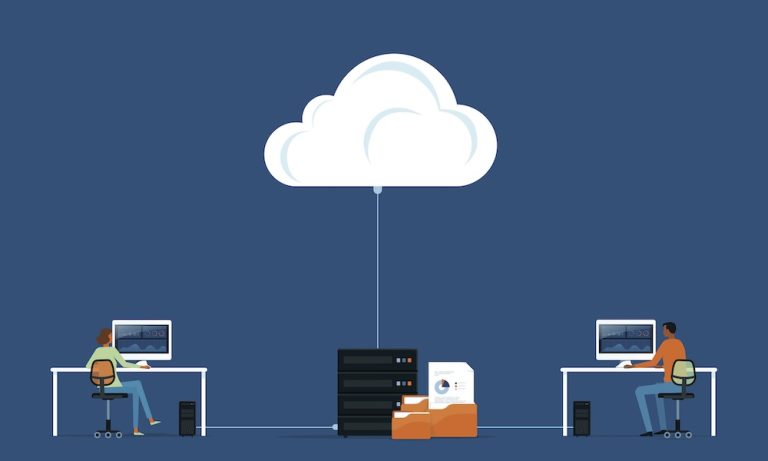There’s no denying that the internet has made life easier and more convenient for billions of people. We can instantly access information, communicate with other people, access our bank accounts, go shopping, and more, and we don’t even have to leave our homes. And there’s always something new to do, to read, watch, or listen to.
But our dependence on the internet also comes at a high cost. The lines between our personal life and our digital one have been blurred, and everything we do online can affect us in real life. Cybercriminals exploit our weaknesses to infiltrate our private accounts, with devastating consequences. You can lose your friends, your money, even your identity.
That is why data security is of paramount importance. With threats such as ransomware and phishing scams, we have to be wary of anything we encounter online. Otherwise, we are at risk of having our personal data compromised. Here are a few security tips to keep your information secure.
- Encrypt your personal information
Many people assume that data encryption is limited to sensitive information, such as trade secrets or customer data. But in this day and age, any personally identifiable information store online should be encrypted. Most personal data fall under two domains: data in transit (data that is actively transmitted over the internet) and data at rest (backup data stored in a physical server).
When encrypting your data, make sure to use a strong algorithm. At the very least, use AES-128 for most of your data. If you’re storing particularly sensitive information, a more secure option is AES-256. You also need to check if the connection is HTTPS, meaning the data is secured and encrypted.
- Don’t volunteer your data
Many websites ask their users to share their personal information if they want to create an account. The usual impulse is to be honest. After all, we wouldn’t lie on a government form. But online accounts and government data work differently, and it might be smart to limit the personal data you share to businesses.
Unless it’s for something important such as banking and shopping, you might want to create a fake digital persona. That way, if your online accounts are compromised, it will have little effect on your persona life. You could invent a new identity for the internet. Just make sure you’re not committing fraud or identity theft.
- Practice password best practices
If you’ve been using the same password for years, and for most of your accounts, you might as well hand over access to your accounts to cybercriminals. One of the most important ways to secure your personal data is to follow password best practices. Your password is the only thing standing between your data and the rest of the internet, so you need to make sure you choose a secure password that only you know.
For starters, make sure to change your password every three months. Do not reuse the same password over and over again. Each account should also have a unique password to limit access if one of your accounts is compromised. Finally, avoid using personal information such as your birth date when making a new password. To make life simple, consider using a password manager.
- Use an anti-malware program
Cybercriminals use malware to steal personal data from unsuspecting users, and the internet is full of them. Websites that look benign or even trustworthy can harbor malware, so you need to be careful about the links you click. There are even cases of threat actors hacking trusted brands and companies and injecting malicious code into their websites.
To keep your data secure, install anti-malware protection on your computer. A good anti-malware program working in conjunction with your antivirus software should root out any viruses, worms, or spyware lurking in your system. It will also help you warn against websites that could potentially steal your data.
- Update your PC
Let’s be honest: no one wants to update their computers. They’re often a nuisance and take a lot of time to finish. But software companies push updates for a reason. These updates usually contain feature improvements and critical security patches that guard against emerging threats.
In a world where everyone is connected and vast amounts of sensitive data are exchanged every minute, users must take steps to prevent their personal data from falling into the wrong hands. These five tips will help you protect yourself from cyber threats.






